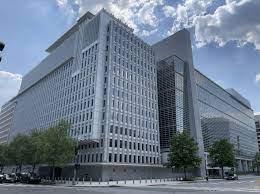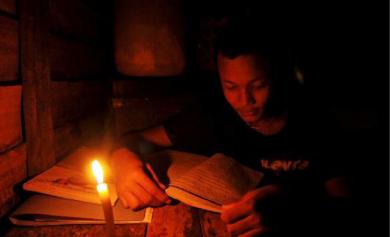12 March 2014, Lagos – The Lighting Africa programme, a joint initiative of the International Finance Corporation and the World Bank, has been unveiled in Nigeria to increase access to affordable, clean and safe lighting for more than 30 per cent of people who live in rural areas and have low incomes and no access to grid electricity.
 The Lighting Africa programme aims to help five million people in Nigeria who are not connected to the electricity grid to access clean energy by 2017, the World Bank said in a statement.
The Lighting Africa programme aims to help five million people in Nigeria who are not connected to the electricity grid to access clean energy by 2017, the World Bank said in a statement.
This, according to the bank, is expected to avert 100,000 metric tonnes of greenhouse gas emissions, associated with current fuel-based lighting technologies.
Lighting Africa mobilises the private sector to build and develop markets that enable access to clean, affordable and quality lighting products by fostering partnerships among local and global manufacturers, and creating new channels through local distribution companies that will help build robust supply chains for off-grid lighting products, the statement said.
The Programme Manager for the Lighting Africa Programme, Itotia Njagi, said, “Lighting Africa is helping to build a market to bring off-grid lighting and energy services across Africa by establishing quality standards, investing in consumer education, creating a favourable investment climate, and supporting innovative business models.
“As we foster these partnerships among all parties in the industry, various opportunities would be explored and our goal of inclusive electrification would be achieved in Nigeria.”
The expansion of the Lighting Africa programme to Nigeria supports the World Bank Group’s Energy Business Plan. Under the plan, each World Bank Group institution will leverage its competencies and products to provide solutions to projects that encourage their viability and contribute to the sustainability of Nigeria’s power sector to underpin the government’s ambitious privatisation and reform programme.
The Country Manager for Nigeria, IFC, Eme Essien Lore, said part of the World Bank Group’s targeted interventions in the power sector included off-grid solutions that would make access to power more inclusive.



